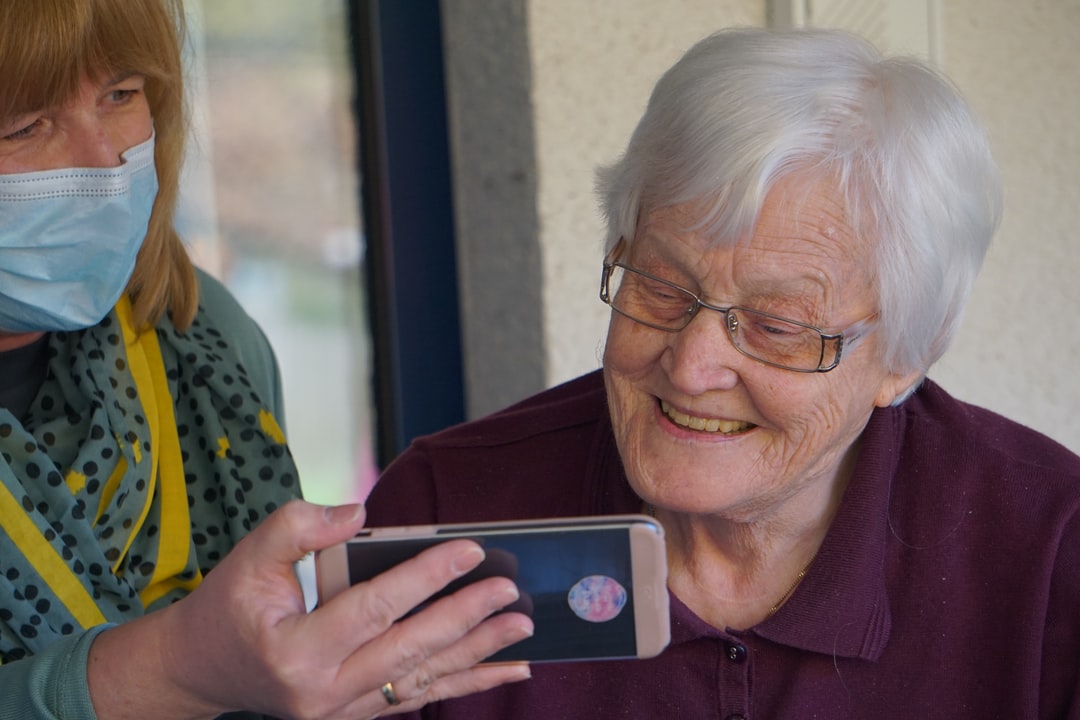
Alzheimer’s poses a significant cognitive impairment to those suffering from the disease. An older cohort of patients sometimes exhibit symptoms of dementia as they continue to age. If your family member is beginning to suffer from dementia or the more advanced symptoms of Alzheimer’s disease, then seeking medical advice is a must. Likewise, understanding what to expect and how you can care for your loved one is an important aspect of treatment and long-term care.
There are three primary stages of Alzheimer’s disease in which symptoms progress at a slow pace over the course of many years. Learning to identify each of these three phases is important for those taking care of a loved one. From the early stages to more severe forms of Alzheimer’s disease, there are essential steps that you can take to continue providing love and compassion to your family member in order to give them the best possible life and level of care.
Alzheimer’s disease remains shrouded in a level of mystery. Researchers understand the function of Tau proteins within the brain and how they can affect neurons when misaligned though. They also learned that dysfunction in Tau protein synthesis leads to a number of severe brain diseases, including Alzheimer’s.
Continue reading to learn more about the different stages of Alzheimer’s and how you can positively impact the life of your loved one who is battling this diagnosis.
It’s important to care for yourself while looking after someone with Alzheimer’s.
Those who have become caregivers to older adults suffering from Alzheimer’s often forget to care for their own physical and mental wellbeing. It’s important to remember to take care of your own stress relief and other needs while providing for someone else.
The pressure to care for a loved one can be immense, and getting outside for a walk or taking an evening off to simply relax is a must from time to time. It can be easy to relegate your own needs to the background under the circumstances, but this will only make the situation worse over the long run.
Early and mid-stage Alzheimer’s are each marked with declining cognitive function.
Dementia is an early indicator of Alzheimer’s disease. This is a general term used to describe the symptoms of cognitive decline that can be seen in Alzheimer’s and other brain diseases. In early stage Alzheimer’s, a person suffering with the disease may continue to function independently. They will likely still be able to drive, work, and take part in routine social activities.
However, the person is likely to feel as if they are having memory lapses and mental slips on a fairly regular basis. Often, family members may notice a level of sluggishness in remembering words or names, remembering where things have been placed, or in organizational structure and planning tasks that are usually commonplace and relatively easy to accomplish. But others who are not as close will likely miss these clues.
Moderate Alzheimer’s is often the longest stage and can last for a number of years. As Alzheimer’s progresses the person suffering will require a greater level of care with each passing year. In this middle stage dementia symptoms will become more evidence, and the person may confuse words, become easily frustrated or refuse to participate in routine tasks such as bathing for eating. Neurons become more damaged in this stage and that can lead to issues in ease of expression, forgetfulness, and sociability.
Late stage Alzheimer’s requires significant care and assistance.
The final stage of Alzheimer’s is marked by a steep decline in cognitive function. Those suffering from this form often have difficulty communicating even simple ideas to others. They may still be able to say words and phrases, but communication is severely limited overall. Those in this stage require continuous assistance in order to conduct daily activities, and they become increasingly vulnerable to secondary illnesses and infections as well as other health complications.
Caring for someone with Alzheimer’s isn’t easy. But with this information, you can make better choices to help your loved one.